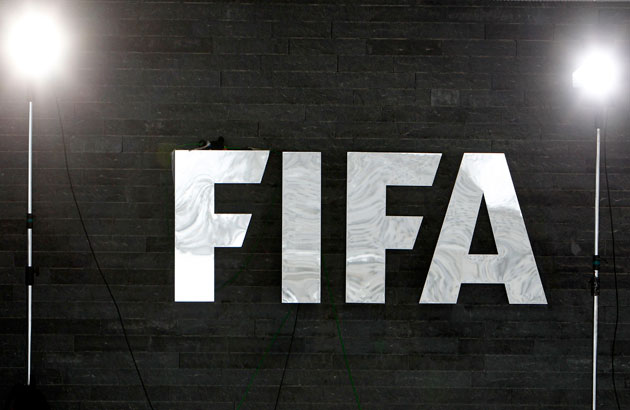FIFA cannot be trusted to see through its reform process without the presence of an independent overseer to guard against a return to the bad old days of corruption and scandal.
This is the cautionary conclusion of the 15-page final report of Independence Governance Committee which was set up in the autumn of 2011 after the worst crisis in the history of the world football federation.
Basel governance specialist Prof. Mark Pieth had been commissioned to lead the reform process from which various items remain unresolved.
Pieth stepped down at the end of last year and his report noted with concern the recent plotting, among certain members of the executive committee, to halt the work of the Ethics Committee.
The report reviews the “immense growth and dramatic change” in the world federation’s 109 years from “embryonic sports body” to “global business.” However FIFA “did not recognise or come to terms wih the growing global concern about good governance and compliance.”
That had led, in part, to the long-running ISL bribes scandal, when public suspicion of FIFA had been aroused by the body’s failure to lay open the facts and pursue the guilty men. Fuel was added to the fire of public derision by subsequent scandals over the 2018/2022 World Cup votes and financial misconduct allegations against members of the all-powerful executive committee.
Pieth’s report holds FIFA accountable here for betraying the image and values of sport in general.
It says: “It is particularly troubling to consider the impact of these scandals whether internal or external to FIFA or to sports in general might have in youth.
“While a youngster might not care about the latest revelation of corporate or government bribery, he or she might might very well be interested in what is happening to a team or sports institution that they care deeply about.”
Pieth, in conclusion, says the IGC is “of the opinion that FIFA has successfully started its reform process” but is concerned that it should be maintained and should accept key “outstanding IGC proposals.”
One such proposal concerned age and term limits while another focused on a need for salaries and benefits of president, directors and officer to be made public “on a best practice level compared to multinational corporations.”
Pieth also challenges the ethics department, led by former United States attorney Michael Garcia, to come up with a decisive report on the 2018/2022 World Cup bid scandal.
He warns: “If FIFA is to emerge from the scandals of recent years it must produce a convincing and transparent answer to any issues relating to hosting decisions, either to confirm that the suspicions are, sadly, well founded or to demonstrate that they are groundless.
“The ethics committee should not rest until there is a conclusive answer.
“This is also the opportunity for FIFA to demonstrate that it has learned the lessons of the past and is determined to see a transparent and open organisation setting an example of the highest ethical standards in the interests of the game and in the wider public interest.”
Finally, Pieth raises fears over a conservative and revisionist culture within the six regional confederations in Africa, Asia, Central/North America, Europe, Oceania and South America.
Hence, he says, “in order to promote genuine cultural change, the IGC believes that some outside independent body should continue to work with FIFA to ensure that the road to reform is completely finished.”







